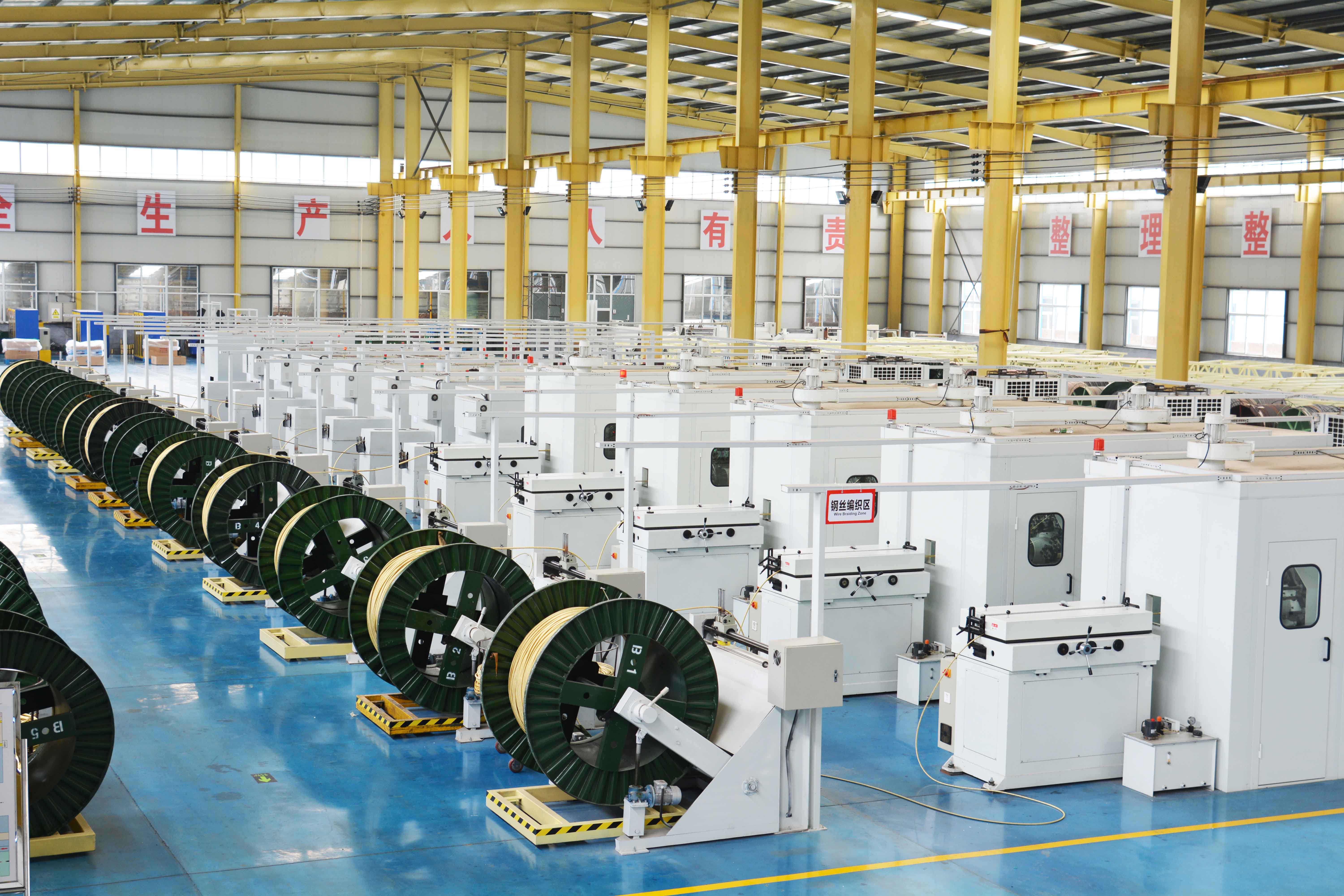Nov . 10, 2024 09:21 Back to list
High Pressure Hydraulic Hose CE Certification and Industry Insights
CE Certification for High-Pressure Hydraulic Hoses
In the realm of industrial machinery and equipment, safety and performance are paramount. One critical component that influences both factors is the hydraulic hose, particularly high-pressure hydraulic hoses. These hoses are integral to various applications, from construction equipment to manufacturing systems. To ensure the safety and reliability of these hoses, CE certification has emerged as a crucial standard. This article will explore the significance of CE certification for high-pressure hydraulic hoses, detailing the requirements, benefits, and implications for manufacturers and end-users.
Understanding CE Certification
CE marking is a certification that indicates a product's compliance with European Union (EU) safety, health, and environmental protection standards. For high-pressure hydraulic hoses, obtaining CE certification means that the product has undergone rigorous testing and meets the essential requirements set forth in relevant EU directives. These directives cover various aspects, including material safety, design integrity, and performance under pressure.
The CE marking serves as an assurance to consumers and end-users that the product adheres to strict safety standards and can be used without undue risk. It is essential for accessing the European market, as many countries require CE marking as a condition for sale.
The Importance of High-Pressure Hydraulic Hoses
High-pressure hydraulic hoses are responsible for transmitting fluid power, essential for the operation of hydraulic systems. These hoses are designed to withstand high pressures and temperatures, while maintaining flexibility and durability. Any failure in a hydraulic hose can lead to catastrophic outcomes, including equipment malfunction, environmental hazards, and potential injury to personnel.
Given the critical nature of these hoses, ensuring their safety and reliability through CE certification is imperative. The certification process involves subjecting the hoses to various tests, including burst pressure tests, impulse tests, and compatibility tests with hydraulic fluids. These evaluations ensure that the hoses can handle the demanding conditions they will face in real-world applications.
Benefits of CE Certification
1. Enhanced Safety CE certification guarantees that high-pressure hydraulic hoses meet essential safety standards. This minimizes the risk of failures, which can lead to hazardous situations on job sites or in manufacturing facilities.
2. Market Access For manufacturers, CE certification is essential for exporting products to EU member states. Without the CE mark, products may be barred from the market, resulting in lost revenue opportunities.
ce certification high pressure hydraulic hose quotes

3. Consumer Confidence End-users often seek out products that are CE certified, as the mark signifies compliance with recognized safety standards. This can enhance brand reputation and customer loyalty.
4. Legal Compliance Manufacturers must comply with various regulations concerning product safety. CE certification can help ensure adherence to these legal requirements, reducing the risk of legal issues or recalls.
5. Competitive Advantage In a crowded marketplace, having CE certification can differentiate a manufacturer’s products from those of competitors. This is particularly important in industries where safety is a significant concern.
The Certification Process
The CE certification process for high-pressure hydraulic hoses typically involves several steps
1. Product Testing Hoses are tested in laboratories to evaluate their performance under various conditions, including maximum pressure and temperature.
2. Documentation Manufacturers must provide detailed documentation, including technical specifications and test results, to demonstrate compliance with applicable standards.
3. Assessment by Notified Bodies In some cases, an independent organization, known as a notified body, must assess the product to verify compliance with EU regulations.
4. Issuance of CE Marking Once all requirements are met, the manufacturer can affix the CE marking to their product, officially indicating compliance.
Conclusion
CE certification for high-pressure hydraulic hoses is not just a regulatory requirement; it is a vital aspect of ensuring operational safety, enhancing product credibility, and facilitating market access. As industries continue to evolve and automation increases, the importance of high-quality, certified hydraulic hoses will only grow. Manufacturers that prioritize CE certification can establish themselves as leaders in safety and reliability, ultimately benefiting both their businesses and their customers. By investing in compliance and quality assurance, the industry can work towards a safer and more efficient future.
-
Best Four Steel Wire Spiral Hose Hydraulic R12 – Durable High-Pressure Hose Manufacturer
NewsJul.08,2025
-
High-Quality 1/4 Hydraulic Hose – Soft, Flexible & Durable Rubber Hoses for Industrial Use
NewsJul.08,2025
-
1 1 2 Inch Hydraulic Flexible Hose - Durable, Reliable, High-Pressure Solutions
NewsJul.07,2025
-
High-Quality 1 2 Rubber Hose - Durable, Flexible Hydraulic Solutions
NewsJul.07,2025
-
Discover SAE Hydraulic Hose Types - High Quality & Durable Hoses from Leading Factory Supplier
NewsJul.06,2025
-
High Pressure Wire Hydraulic Rubber Hose Supplier Durable & Reliable 1SN Hose Solutions
NewsJul.06,2025
